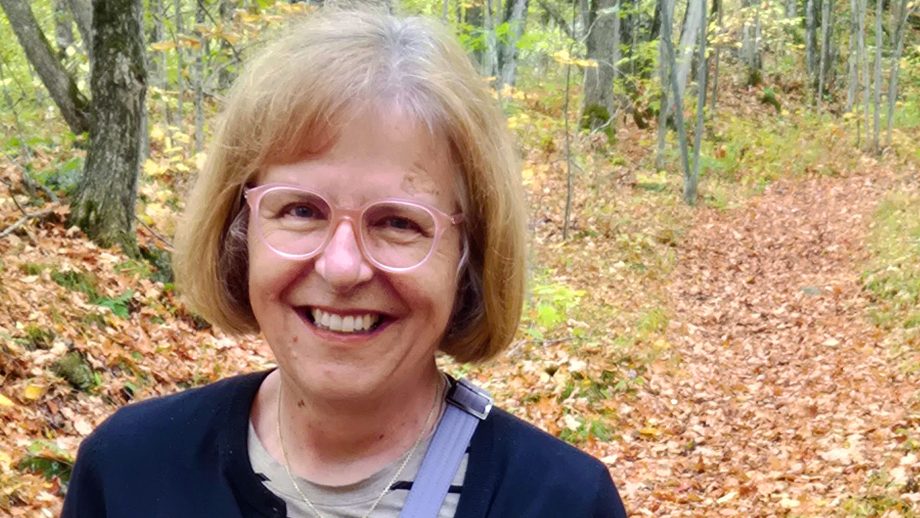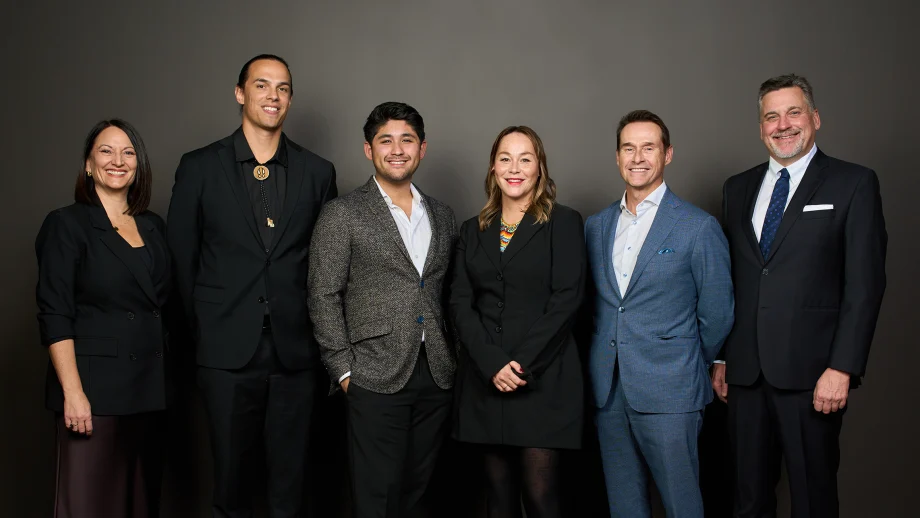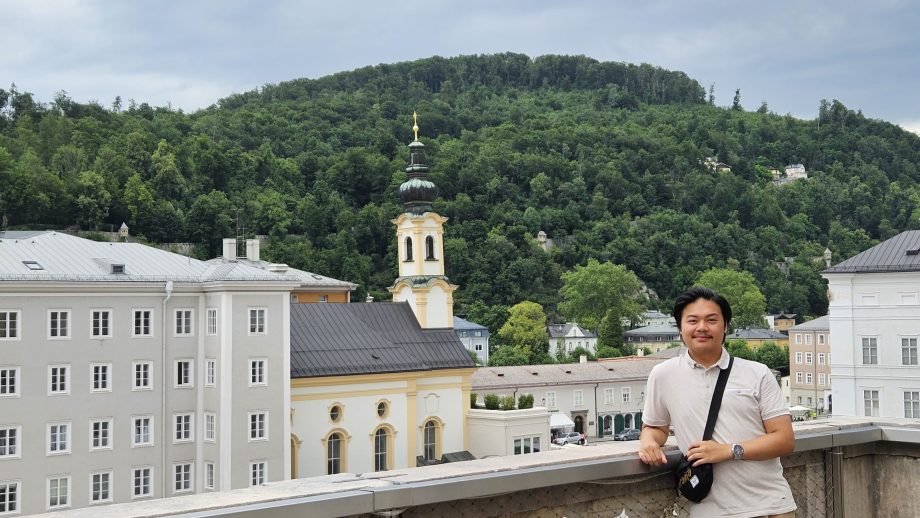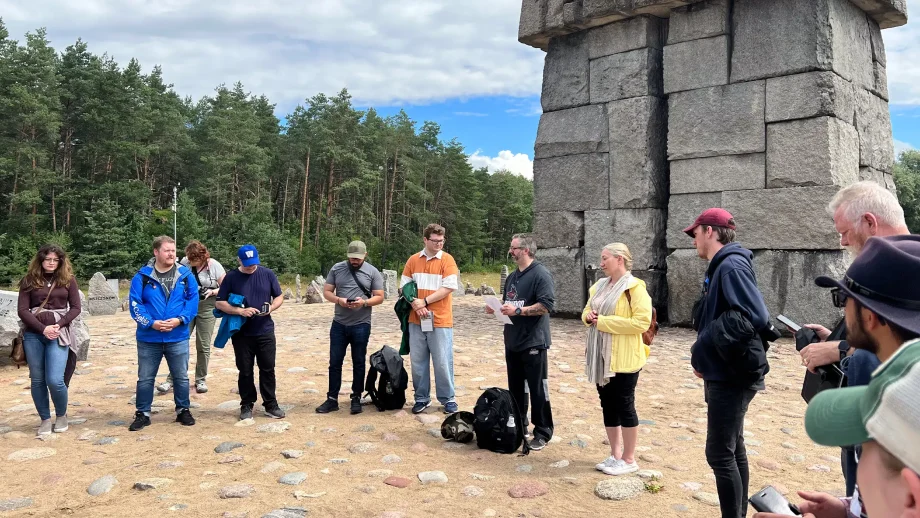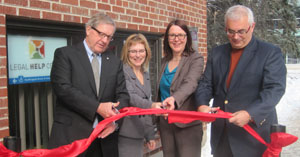
Lloyd Axworthy, President and Vice-Chancellor, UWinnipeg; Colleen Suche, Chair Legal Help Centre Board; Karen Dyck, Executive Director, Legal Help Centre; and David Barnard, President and Vice-Chancellor, University of Manitoba, open the community Legal Help Centre at 380 Spence Street, March 9, 2011
Details about Winnipeg’s new Legal Help Centre can be found at www.legalhelpcentre.ca
380 Spence Street,
MacNamara North Building
www.legalhelpcentre.ca
CONTACT INFORMATION:
info@legalhelpcentre.ca
WINNIPEG, MB – The Legal Help Centre, a joint initiative of The University of Winnipeg and the University of Manitoba, has opened its door to the public. The Centre provides legal information and resources, a drop-in and referral service as well as community workshops addressing specific legal issues. Lloyd Axworthy, President and Vice-Chancellor, UWinnipeg and David Barnard, President and Vice-Chancellor, University of Manitoba officially opened Legal Help Centre today, which is located in space provided by UWinnipeg at 380 Spence Street, MacNamara North Building, lower level.
Students from UWinnipeg’s Global College and Criminal Justice Department and from the U of M’s faculties of Social Work and Law are staffing the Centre under the supervision and direction of volunteer lawyers.
“Our fundamental human rights are only meaningful if we are able to exercise them, which is the basis of the Legal Empowerment of the Poor movement,” said Axworthy. ”This new community resource, in one of the most diverse and economically challenged neighbourhoods in Canada, strengthens the rights of those who are most vulnerable in our society. The Legal Help Centre builds on UWinnipeg’s deep commitment to community learning, and offers students important real-life opportunities to develop critical skills.”
“It is essential that universities not work in isolation but explore opportunities for cooperation and collaboration both within institutions and beyond,” said Barnard. “We have a commitment to human rights, peace and justice within our community, and the Legal Help Centre brings our leadership role in these areas directly to those who would need our expertise and assistance the most.”
The Centre offers a drop-in service Tuesdays and Fridays from 1:00 – 5:00 p.m. Workshops for people who are representing themselves in family law or small claims court begin in March. Volunteer lawyers will provide free legal advice to persons with total household income under $50,000 per year.
The Centre will offer assistance in accessing existing community resources, and much of its work will be matching clients’ needs with the 160 agencies in the City of Winnipeg that provide services
Background:
The genesis of the project arose out of The University of Winnipeg’s Global College and its study of The United Nations Commission on Legal Empowerment of the Poor. The College, along with Criminal Justice Department, became interested in developing a community-based project aimed at increasing access to justice for the disadvantaged communities of inner-city Winnipeg including Aboriginal peoples, newcomers, persons with disabilities, students and the working poor. From this, the idea to create a legal resource and information centre emerged.
The Legal Help Centre is a non profit corporation, and is awaiting its charitable status. Its board of directors includes representation from the two universities, the legal profession and the community.
The Centre’s work is possible because of the generous assistance of several corporations including The Investors Group, Great West Life, Conviron Inc. numerous Winnipeg law firms, as well as the Loewen Foundation, the Manitoba Law Foundation, and many individual donors.
Pro- Bono legal projects are underway in various jurisdictions across Canada including Saskatoon, Toronto, Vancouver and Calgary.

